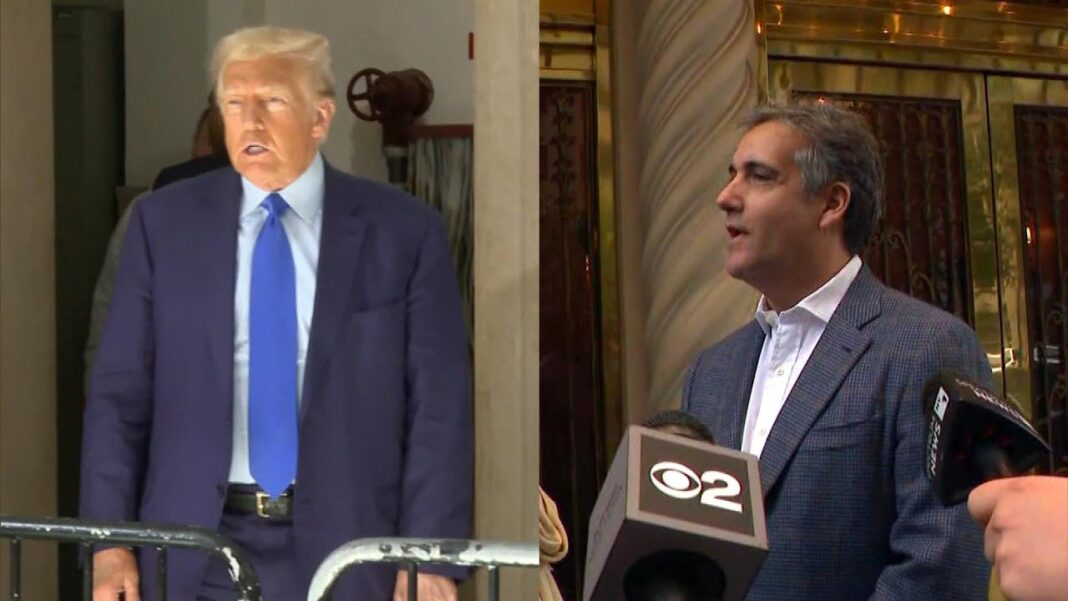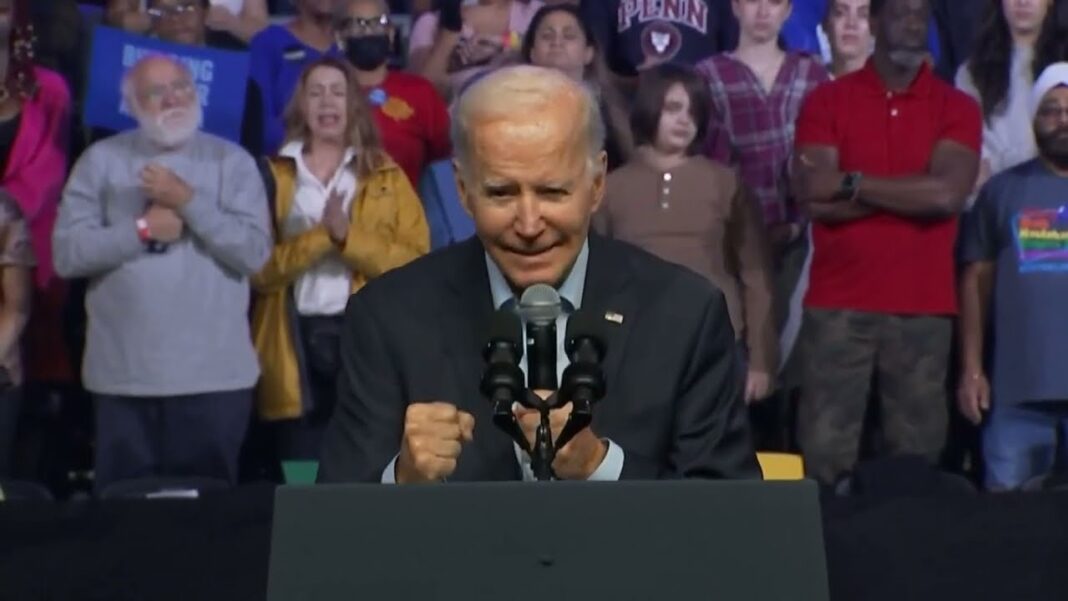The potential decline of the U.S. dollar as the world’s primary reserve currency is often cited as a sign of America’s waning economic influence. The BRICS nations, including Brazil, Russia, India, China, and South Africa, have significantly reduced their reliance on the dollar in international trade. In 2015, the BRICS countries launched a reserve currency pool worth over $100 billion to help members avoid shortages of U.S. dollars. This concerted de-dollarization effort by BRICS and other nations to move away from the U.S. dollar as the dominant global reserve currency for international trade and transactions is a significant development that could have a profound impact on America’s economic influence over time. This trend reflects a growing motivation among emerging economies to diversify their currency reserves and reduce their dependency on the U.S. dollar, potentially reshaping the global economic landscape in the years to come.
The reasons for reducing exposure to potential U.S. financial sanctions and political pressures and decreasing dependence on U.S. monetary policy that impacts global markets are becoming more apparent. There is also a growing interest in joining BRICS, with countries like Iran, Argentina, Turkey, Egypt, the United Arab Emirates, and Saudi Arabia expressing interest or submitting formal membership requests. If all are admitted by the end of 2024, this could bring over 40% of the global GDP under the BRICS umbrella. Moreover, the potential for BRICS to grow to include 125 countries by the end of 2030 underscores the increasing global interest in this alliance and its potential to reshape the global economic order.
Over the past decade, there have been signs that America is losing some of its traditional geopolitical partners and allies, which could indicate a decline in global influence. Some key developments include strained relations with European allies due to disagreements over the Iran nuclear deal, climate change, and trade, leading to tensions. Some European nations also have growing skepticism about U.S. leadership and reliability. Turkey, under Erdogan’s leadership, has been drifting away from the West, with increasing clashes with the U.S. and NATO over issues like Syria and ties with Russia, leading to U.S. sanctions due to its acquisition of Russian S-400 missile systems.
Furthermore, there is a deepening and increasingly significant partnership between Russia and China. As mounting tensions between the U.S. and these two powers have brought them closer together, this development underscores the shifting geopolitical landscape and the potential implications for America’s global influence.
The recent regime change in Pakistan has led to a significant shift in regional dynamics. The new regime, backed by the Pakistan Military, lacks democratic legitimacy and has caused chaos in the country, leading to a loss of public trust in institutions and the political system itself. This has resulted in a decline in the U.S.’s influence in the region, as the People of Pakistan are no longer allied with the United States.
Historically strained relationships between Pakistan and Iran have improved, with the people of Pakistan beginning to support Iran, viewing the U.S. as a common enemy of both Iran and Pakistan. These strained relationships suggest a decline in U.S. influence in the region.
The 2024 elections in the U.S. could be a game-changer, potentially altering the support from the Pakistani diaspora and impacting the Democratic Party’s traditional backing from this community. Many Pakistanis now believe that a potential win by Donald Trump in 2024 could change the situation in Pakistan, and as a result, many Pakistani and American Pakistanis are hoping for Trump’s success in 2024. Similarly, many Indians are closely watching the changing dynamics in the region. The potential decline of the U.S. dollar as the world’s primary reserve currency is often cited as a sign of America’s waning economic influence. The BRICS nations, including Brazil, Russia, India, China, and South Africa, have reduced their reliance on the dollar in international trade. In 2015, the BRICS countries launched a reserve currency pool worth over $100 billion to help members avoid shortages of U.S. dollars. The de-dollarization efforts by BRICS and other nations to move away from the U.S. dollar as the dominant global reserve currency for international trade and transactions is a significant development that could impact America’s economic influence over time. This trend reflects a growing motivation among emerging economies to diversify their currency reserves and reduce their dependency on the U.S. dollar, potentially reshaping the global economic landscape in the years to come.
The reasons for reducing exposure to potential U.S. financial sanctions and political pressures and decreasing dependence on U.S. monetary policy that impacts global markets are becoming more apparent. There is also a growing interest in joining BRICS, with countries like Iran, Argentina, Saudi Arabia, Turkey, Egypt, and the United Arab Emirates expressing interest or submitting formal membership requests. If all are admitted by the end of 2024, this could bring over 40% of the global GDP under the BRICS umbrella. BRICS could grow to include 125 countries by the end of 2030.
Over the past decade, there have been signs that America is losing some of its traditional geopolitical partners and allies, which could indicate a decline in global influence. Some key developments include strained relations with European allies due to disagreements over the Iran nuclear deal, climate change, and trade, leading to tensions. Some European nations also have growing skepticism about U.S. leadership and reliability. Turkey, under Erdogan’s leadership, has been drifting away from the West, with increasing clashes with the U.S. and NATO over issues like Syria and ties with Russia, leading to U.S. sanctions due to its acquisition of Russian S-400 missile systems.
Additionally, there is a deepening partnership between Russia and China, as mounting tensions between the U.S. and these two powers have brought them closer together.
The recent regime change in Pakistan has led to a significant shift in regional dynamics. The new regime, backed by the Pakistan Military, lacks democratic legitimacy and has caused chaos in the country, leading to a loss of public trust in institutions and the political system itself. This has resulted in a decline in the U.S.’s influence in the region, as the People of Pakistan are no longer allied with the United States.
Historically strained relationships between Pakistan and Iran have improved, with the people of Pakistan beginning to support Iran, viewing the U.S. as a common enemy of both Iran and Pakistan. These strained relationships suggest a decline in U.S. influence in the region.
The 2024 elections in the U.S. may also bring significant changes in support from the Pakistani diaspora, impacting the Democratic Party’s traditional backing from this community. Many Pakistanis now believe that a potential win by Donald Trump in 2024 could change the situation in Pakistan, and as a result, many Pakistani and American Pakistanis are hoping for Trump’s success in 2024. Similarly, many Indians are closely watching the changing dynamics in the region.
To address America’s perceived financial and geopolitical decline, a multi-pronged approach focused on reinvigorating its economic competitiveness and strengthening global partnerships would be required. For this, America needs a savior. What type of savior do we need? We need a savior for at least two decades. It’s impossible to elect any President of the United States for two decades. So, the first savior is the only one: “Donald Trump.” But why Donald Trump?
There was no war during his regime. In fact, he ended the war in Afghanistan, which cost America a mere seven trillion dollars and thousands of American lives. He also strengthened relations with Russia despite Russia’s historic ties with China. For the first time, China felt pressure from America because Putin became a personal friend of Donald Trump, and the North Korean president, Kim Jong-un, had personal relations with Donald Trump that significantly undermined the power of China globally.
What if there were no Trump? As we all know, due to the declining U.S. dollar, we face a decline and recession within the country. Under these circumstances, Americans have valid concerns that the deep political divisions and economic stresses in the United States could increase the risk of civil unrest and conflict if not appropriately addressed. Here are some of the critical factors that could contribute to such an outcome:
Political Polarization:
The partisan rancor and “winner-take-all” attitudes between Democrats and Republicans have reached unprecedented levels.
A reasonable portion of the population feels that the other side does not hear their voices.
Distrust in institutions like Congress, the electoral process, etc., fuels anti-establishment anger.
Please remember the following text:
Economic Anxieties:
Persistent income inequality, the hollowing out of the middle class, and lack of economic mobility are stoking resentment. If a recession leads to job losses, foreclosures, and a squeeze on livelihoods, it could breed more unrest. The rural-urban economic divide also widens the cultural rift between “liberal elites” and “left behind” communities.
Remember the following text:
Trigger Events:
Disputed election results and allegations of voter fraud/suppression could spark protests.
Police shootings or racial incidents may reignite longstanding tensions.
Government crackdowns on protests could provoke an aggressive backlash from citizens.
The U.S. has a long tradition of peaceful power transfers and respecting democratic norms. However, the already high levels of acrimony mean any future economic shocks or divisive trigger events can lead to wider civil unrest and conflict if all sides don’t prioritize de-escalation and good-faith dialogue.
Proactive efforts to reduce inequalities, depolarize politics, and bridge ideological divides are crucial to prevent worst-case scenarios from unfolding. The strength and resilience of American democracy are being tested like never before.
By Tariq Mahmood







